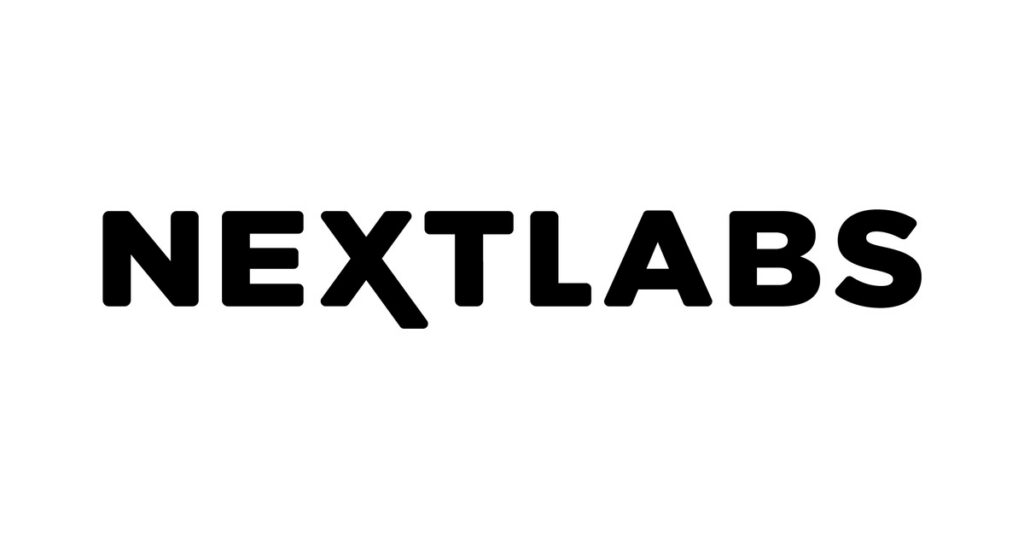
Meet the Authors
Key Takeaways
-
SAP S/4HANA provides a unique opportunity for organizations to enhance finance workflows. Yet businesses should not overlook their compliance requirements as they deploy advanced finance solutions.
-
It is vital businesses leverage an integrated solution that covers all tax compliance obligations.
-
With tax requirements constantly changing, SAP organizations can no longer afford to update their compliance tools on their own schedule.
More and more SAP organizations and making the move to SAP S/4HANA to infuse their essential business functions with the agility and scalability they need to keep a competitive advantage in a constantly shifting business climate.
Reducing dependence on outdated manual processes is a vital step these organizations must take to free up finance and accounting teams to spend their time on work that adds value to the enterprise. Among intelligent finance functions, none are more popular than invoice and payment processing solutions.
SAPinsider’s recent AI and Automation in Finance Benchmark Report found that 31% of SAP organizations are currently using invoice and payment processing solutions to support their cloud-based intelligent finance strategies, the highest of any single solution. A further 39% of organizations said they are actively implementing these solutions, or plan to do so within two years.
Explore related questions
While the capabilities these solutions offer are enticing for finance professionals, they must ensure that their solutions are fully compliant with all applicable laws and regulations. More and more organizations are expanding their operations overseas, further complicating compliance. These regulations are constantly in flux, so companies must find solutions beyond what SAP S/4HANA and SAP Central Finance can provide.
Major Compliance Pain Points
To help SAP organizations maintain compliance, the tax compliance experts at Sovos highlighted several major pain points businesses should be aware of, and how to avoid costly mistakes.
A lack of different workflows for international organizations – Different states, countries, and regions have their own compliance processes for invoicing, accounting and tax reporting. Companies must have country-by-country tools to build custom workflows to address compliance requirements.
Compliance gaps – With tax requirements constantly changing, SAP organizations can no longer afford to update their compliance tools on their own schedule. Instead, they are at the mercy of different regulatory bodies and their deadlines.
Closing Compliance Gaps
Sovos developed its Sovos Intelligent Compliance Cloud solution to help organizations proactively manage their compliance burden. Designed to work with SAP S/4HANA users, the SaaS solution features a global tax determination feature that incorporates jurisdiction, product, and exemption data to accurately calculate taxes on all sales and purchases.
The solution also offers an e-invoicing tool specifically tailored to comply with the creation, archiving, and approval requirements for VAT audits. Users will also have their tax information summarized automatically to simplify the process of providing financial data to government and tax enforcement authorities.
What this Means for SAPinsiders
Compliance is key – SAP S/4HANA provides a unique opportunity for organizations to enhance finance workflows. Yet businesses should not overlook their compliance requirements as they deploy advanced finance solutions.
Ensure all financial solutions are integrated – It is vital businesses leverage an integrated solution that covers all tax compliance obligations. This offers them the ability to comply not just with current regulations, but quickly update their workflows to comply with any obligations they must meet in the future.



